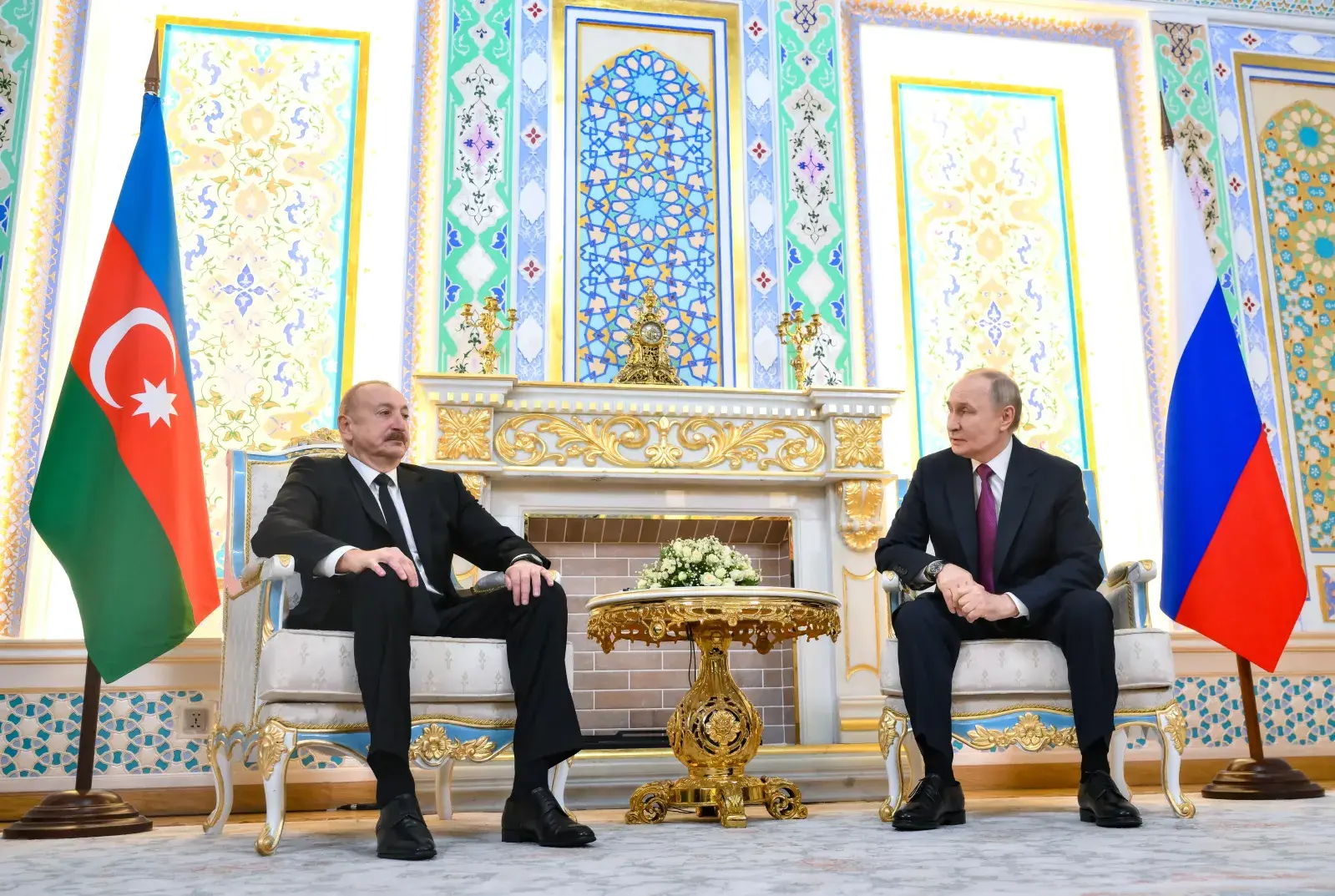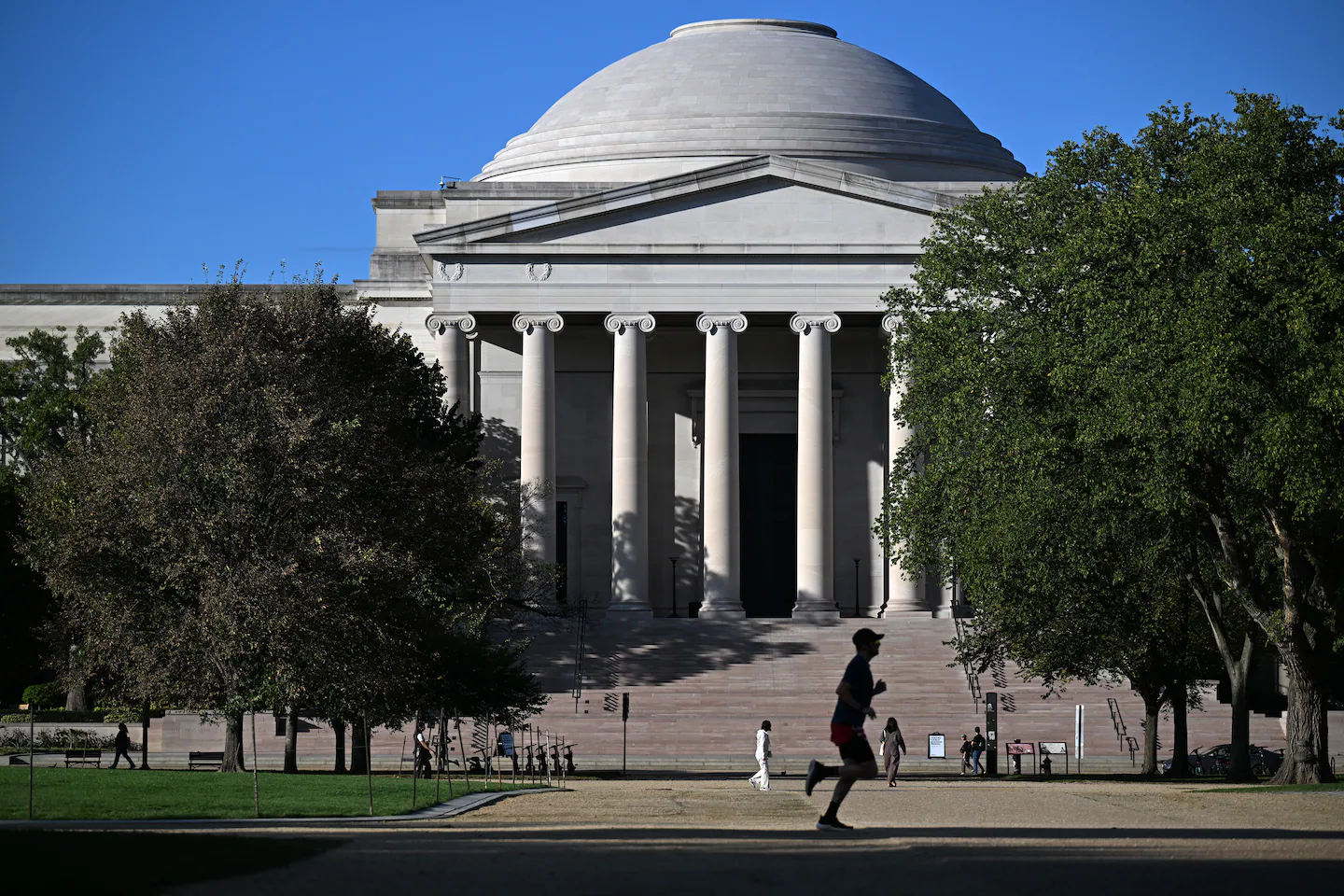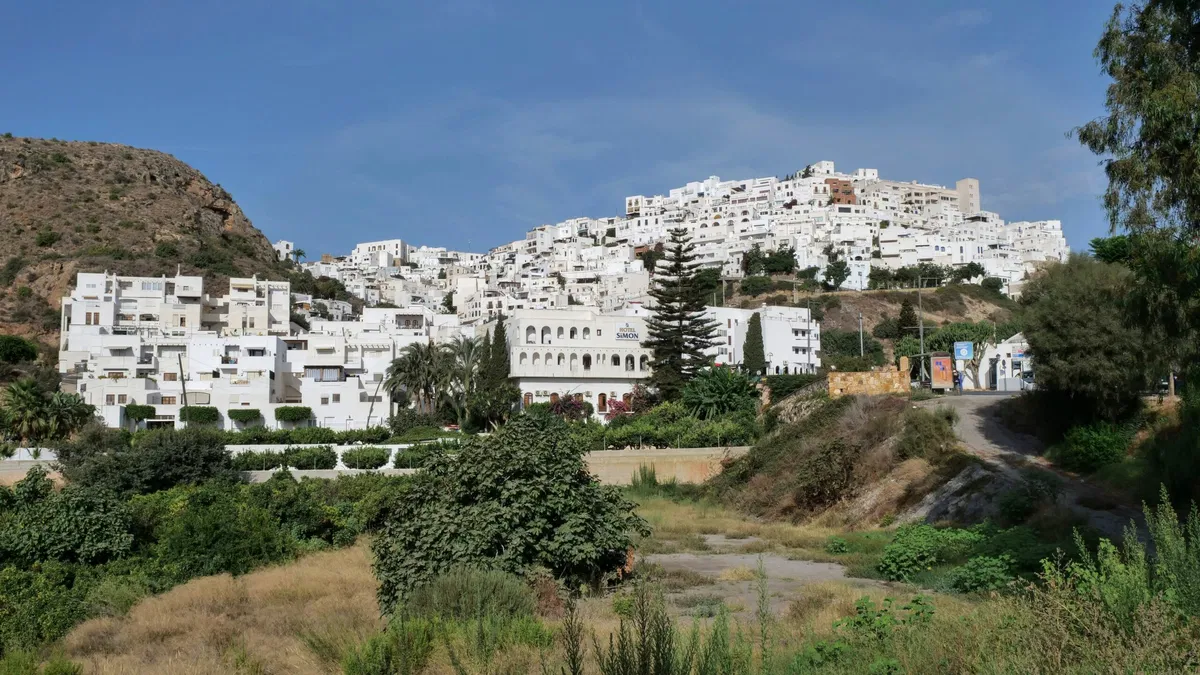Copyright newsweek

Azerbaijan’s recent steps to deepen cooperation with NATO are challenging Russia and fueling concerns of a Western security footprint encroaching on a region Moscow considers its sphere of influence, analysts say. Azerbaijani President Ilham Aliyev discussed cooperation on military modernization with a visiting NATO delegation on Thursday, as Baku moves its armed forces toward alignment with alliance standards. Newsweek has reached out to Azerbaijan and Russia’s foreign ministries for comment. Why It Matters Tensions between NATO and Russia are at a high point because of the ongoing war in Ukraine, with Moscow closely monitoring Western influence near its borders. The prospect of a deepening Azerbaijan-NATO cooperation could undermine Russia’s military influence and energy interests in the South Caucasus, a region long considered part of Russia’s sphere of influence. A breakthrough peace agreement between Azerbaijan and Armenia was signed at the White House on August 8. Mediated by President Donald Trump, the deal also grants the United States a 99-year lease on the Zangezur Corridor, which links Azerbaijan proper to its Nakhchivan exclave via southern Armenia, raising concerns in Russia and Iran that it could provide U.S. forces with direct access to the region. Russian President Vladimir Putin, right, and Azerbaijani President Ilham Aliyev talk during their meeting on the sidelines of the Russia-Central Asia summit in Dushanbe, Tajikistan, on October 9, 2025. What To Know Aliyev stated that the Azerbaijani army has been aligned with NATO standards, emphasizing close cooperation with the Turkish military as part of this process, highlighting the importance of strengthening ties between Azerbaijan and the alliance, according to a readout by the presidency following the delegation meeting. Azerbaijan’s cooperation with NATO began in 1994 when it joined the Partnership for Peace program, a NATO initiative aimed at countries in Eastern Europe and the former Soviet Union. Russian military analysts warn that Azerbaijan could replace Soviet-era combat manuals and military structures with NATO methods, with re-equipment expected to accelerate and Baku purchasing Western weapons, according to the pro-Kremlin Vzglyad newspaper. Russian analysts say Azerbaijan’s military modernization along NATO lines could signal a future bid for membership, though Baku has made no official application. Another concern for Russia is Azerbaijan’s close orientation toward NATO member Turkey that could heighten tensions with Russia and its ally Iran in the South Caucasus. Turkey has supported Azerbaijan during its prolonged conflict with Armenia, which has received Russian backing and hosts a Russian military base. Aliyev met with Russian President Vladimir Putin in Tajikistan in October, following an earlier standoff over the December 2024 downing of an Azerbaijan Airlines plane by a Russian missile battery, which killed 38 people. Maintaining relations with Russia remains important for Azerbaijan, which has strong business and investment ties with Moscow and controls a key transit route linking Russia to Iran via the International North‑South Transport Corridor. At the same time, Baku’s partnerships with Western countries act as a hedge against Moscow’s influence. What People Are Saying Konstantin Sivkov, a military expert and retired officer, told Vzglyad Friday in Russian: “The presence of NATO in the South Caucasus would mean, first, that the Caspian would no longer be a ‘sea of peace.’ And second, in a region already considered complex in ethnic, cultural, and ideological terms, threats, including terrorist and military ones, would sharply increase. Therefore, Baku’s actions require an appropriate response from Moscow.” The President of Azerbaijan’s official website stated in a press release Thursday: “President Ilham Aliyev underlined that since Azerbaijan gained its independence at the beginning of the last century, the country has achieved its main goal – the liberation of its lands from occupation, adding that the process of modernization of the country’s army will be continued. The head of state expressed hope that the visit of the NATO delegation to Azerbaijan would be successful.” International relations expert Emil Avdaliani wrote for the Center for European Policy Analysis Wednesday: “Azerbaijan considers itself a significant regional power better off when it is free of the Kremlin’s policy shackles. And there’s not much Russia can do about it.” What Happens Next Regional stability in the South Caucasus will depend on how key players manage power dynamics and monitor the implementation of the Armenia-Azerbaijan peace process.



